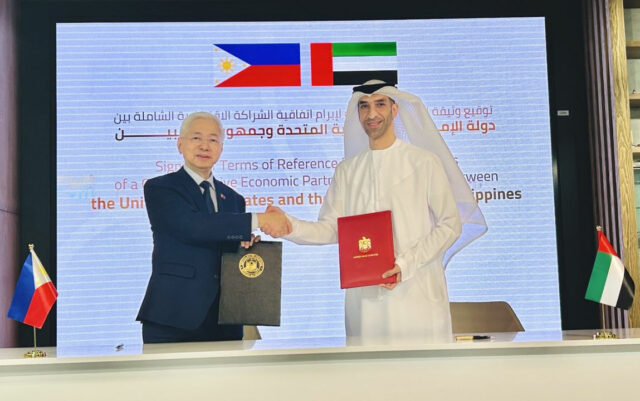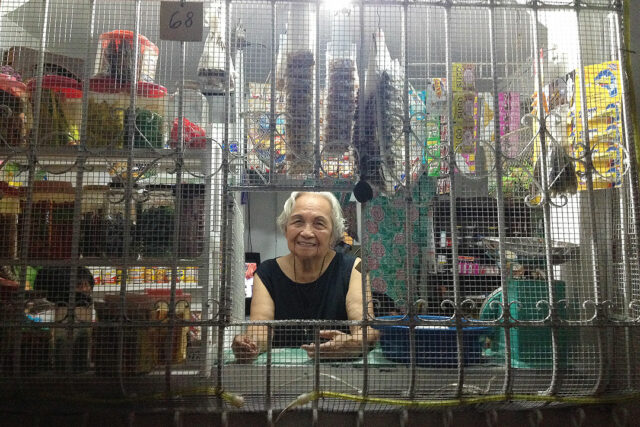2024 is almost at our doorstep, but many things are still going on. Most are planning for their family reunions or Christmas parties; almost all employees are looking forward to the Christmas break; some are still thinking about the big celebrity break-up announced days ago.
Taxpayers should nevertheless still be mindful of their duties in complying with various requirements. The main things to watch out for are the reporting requirements of the Bureau of Internal Revenue (BIR) and Local Government Units (LGU), as discussed in the following sections.
BIR COMPLIANCE REQUIREMENTS
• Annual Information Returns (BIR Form Nos. 1604-C, 1604-F, and 1604-E), together with the Annual Alpha List of Employees/Payees
Employers who have deducted and withheld taxes on the compensation of their employees must file BIR Form No. 1604-C and submit the annual alphabetical list (alpha list) of employees based on the revised format on or before Jan. 31, 2024. In computing the amounts to be reported in BIR Form No. 1604-C, the employer must perform annualization of compensation paid to the employees in the last month of employment or in December of the current calendar year.
Likewise, taxpayers who deducted and withheld the final withholding tax must file BIR Form No. 1604-F, together with the alpha list of payees, on or before Jan. 31, 2024.
On the other hand, taxpayers who deducted and withheld expanded withholding tax must file BIR Form No. 1604-E, together with the alpha list of payees, on or before March 1, 2024.
To ensure that all income payments subject to withholding tax are properly reported in the tax returns, taxpayers are advised to prepare a reconciliation of expenses and taxes reported in the tax returns and alpha lists vis-à-vis those recorded in the taxpayers’ books.
For taxpayers filing using the electronic filing and payment system (eFPS), it should be noted that the January 2018 version of BIR Form No. 1604-E is now available in the eFPS. As for BIR Form No. 1604-C and 1604-F, as there has been a BIR circular announcing their availability, taxpayers must check and look out when these BIR forms will actually become available in the eFPS.
• Certificate of Compensation Payment/Tax Withheld (BIR Form No. 2316)
Employers must sign and provide BIR Form No. 2316 to their employees. Upon receipt, the employees are to sign the certificate. Employees, including resident aliens, who qualify for substituted filing, are exempt from filing their income tax returns. Instead, the employers are to submit their certificates, accompanied by a notarized and signed certification, to the BIR on or before Feb. 28, 2024.
• Annual Registration Fee (Form No. 0605)
The annual registration fee (ARF) must be paid on or before Jan. 31 in the amount of P500 for every head office and/or branch. The ARF is required for the annual updating of business permits.
• Books of Account
Depending on the taxpayer’s registered books of account, the following must be observed for subsequent registration:
o Manual books of account are to be registered/stamped prior to use. Thus, a new manual book needs to be registered in case the old books are nearing consumption at year-end.
o Permanently bound loose leaf books of account shall be submitted annually, within 15 days after the end of each taxable year or within 15 days from the closure of business operation.
o Computerized Books of Account must be submitted annually, within 30 days after the end of each taxable year or within 30 days from the closure of business operation.
Taxpayers may be required to register their books of account through the BIR’s Online Registration and Update System (ORUS), since they may still manually register the same upon the advice of the BIR office having jurisdiction over the taxpayer. Moreover, manual books of account are still allowed to be registered and stamped at the BIR office where the head office or branch is registered.
• Inventory list and other schedules
Taxpayers maintaining inventory are required to submit soft copies of the annual inventory list and applicable schedules, accompanied by a notarized and signed sworn declaration, within 30 days following the close of the taxable year.
Taxpayers are advised to prepare a reconciliation of the inventory list and other applicable schedules with their records so that they can explain any differences to the BIR upon tax audit.
LGU COMPLIANCE REQUIREMENTS
Taxpayers are required to renew their business or mayor’s permit with the LGU annually and pay the local business tax (LBT) on or before Jan. 20 where the business is registered and operates. Taxpayers also have the option to pay the local business tax quarterly, within the first 20 days of January and for the first month of each subsequent quarter.
However, under the CREATE law, registered business enterprises (RBEs) which are subject to the 5% gross income tax, are exempt from local taxes. Nevertheless, such RBEs are not totally exempt from paying anything to the LGU because they are still required to pay fees and charges imposed by the LGUs.
For failure to pay the LBT, fees, or charges on time, the taxpayer will be subject to a 25% surcharge penalty and monthly interest of 2%. The total interest on unpaid LBT may not exceed 36 months. In case of non-compliance, the penalty and interest is to be computed beginning Jan. 1 and not from the due date of payment. As an ultimate punishment for non-compliance, the taxpayer’s establishment may be closed by the LGU.
Taxpayers must familiarize themselves with the LBT rates since these depend on the ordinances of each LGU. Taxpayers must also be aware of the announcements made by the LGUs with respect to the process of securing assessment notices and payments because the extension of deadlines differs and is usually at the discretion of each LGU.
The above-mentioned reminders may seem overwhelming. Nonetheless, taxpayers are still bound to comply with the requirements set by the BIR and the LGU. Compliance is inevitable, as is the arrival of 2024.
Let’s Talk Tax is a weekly newspaper column of P&A Grant Thornton that aims to keep the public informed of various developments in taxation. This article is not intended to be a substitute for competent professional advice.
Lorenzo Miguel A. Soriano is a manager from the Tax Advisory & Compliance division of P&A Grant Thornton. P&A Grant Thornton is one of the leading audits, tax, advisory, and outsourcing firms in the Philippines, with 29 Partners and more than 1000 staff members.
Tweet us: GrantThorntonPH, Facebook: P&A Grant Thornton,
pagrantthornton@ph.gt.com
www.grantthornton.com.ph












